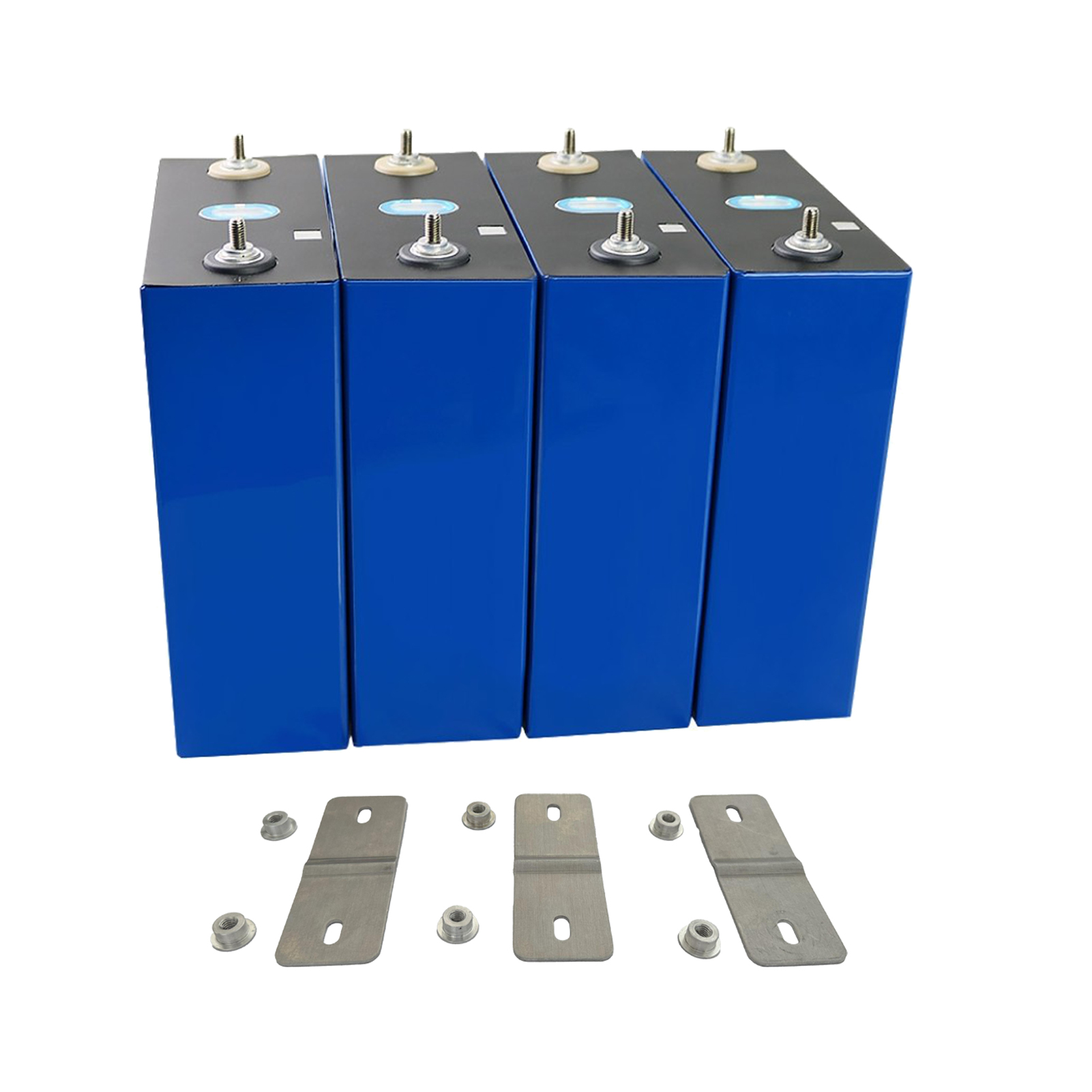Lithium Iron Phosphate batteries (LiFePO4 Battery) are a type of lithium-ion battery that has gained popularity due to their impressive performance, safety features, and long cycle life. They are commonly used in a wide range of applications, including electric vehicles, renewable energy systems, portable electronics, and more. In this comprehensive guide, we'll cover the key aspects of LiFePO4 batteries:
1. Chemistry and Structure
LiFePO4 batteries are composed of a cathode (LiFePO4), an anode (usually graphite), an electrolyte (typically a lithium salt dissolved in a solvent), and a separator. The unique aspect of LiFePO4 chemistry lies in the cathode material, which offers a balance between energy density, power output, and safety.
2. Advantages
Safety: LiFePO4 batteries are inherently stable and have a lower risk of thermal runaway compared to other lithium-ion chemistries like LiCoO2 (used in traditional laptop and smartphone batteries).
Long Cycle Life: LiFePO4 batteries can endure thousands of charge and discharge cycles, making them suitable for applications where longevity is crucial.
Stable Chemistry: They exhibit minimal capacity degradation over time, allowing for consistent performance over the battery's life.
High Discharge Rate: LiFePO4 batteries can provide high power output, making them suitable for applications requiring bursts of energy, such as electric vehicles.
3. Disadvantages
Lower Energy Density: Lifepo4 cells generally have a lower energy density compared to other lithium-ion chemistries, which can result in a larger physical size for the same energy capacity.
Higher Cost: LiFePO4 batteries tend to be more expensive to manufacture than some other lithium-ion chemistries.
Voltage Plateau: LiFePO4 batteries have a distinct voltage plateau during charging and discharging, which requires specialized battery management systems (BMS) for proper operation.
4. Applications
LiFePO4 batteries find applications in various sectors, including:
Electric Vehicles (EVs) and Hybrid Electric Vehicles (HEVs): Due to their long cycle life, high power output, and safety features, LiFePO4 batteries are used in EVs and HEVs.
Renewable Energy Storage: LiFePO4 batteries are used to store excess energy generated from solar panels or wind turbines for later use.
Marine and RV Power Systems: Their durability and safety make them suitable for powering boats and recreational vehicles.
Portable Electronics: LiFePO4 batteries are used in laptops, power banks, and other portable devices.

5. Charging and Discharging:
LiFePO4 batteries have a typical voltage range of 2.8V to 3.6V per cell. It's important to avoid overcharging or over-discharging, as this can damage the battery and reduce its lifespan. A BMS is crucial for monitoring and balancing the cells to prevent such issues.
6. Battery Management System (BMS):
A BMS is essential for ensuring the safe and optimal operation of LiFePO4 batteries. It monitors individual cell voltages, temperatures, and currents, ensuring that cells are balanced during charging and discharging and protecting against overcharging, over-discharging, and overheating.
7. Storage and Maintenance:
For long-term storage, LiFePO4 batteries should be kept at a partial state of charge (around 50% capacity) in a cool and dry environment. Regular maintenance, including cell balancing and checking for signs of damage, is important to maximize battery lifespan.
8. Future Developments:
Researchers continue to work on improving the energy density of LiFePO4 batteries while maintaining their safety and cycle life. New advancements may lead to even more widespread adoption in various applications.
LiFePO4 batteries offer a compelling balance between safety, longevity, and performance, making them an excellent choice for specific applications where these factors are crucial. As technology advances, we can expect further improvements in LiFePO4 batteries, expanding their use in various industries and enhancing their overall performance.
Next:8pcs Winston 700Ah Lifepo4 Battery Cells Were shipped to US
Previous:384pcs 3.2V 200Ah lifepo4 battery to USA
Contact Person: Miss. Elsa Liu
| WhatsApp : | +8617763274209 |
|---|---|
| Skype : | +8617763274209 |
| WeChat : | 17763274209 |
| Email : | Elsa@lifepo4-battery.com |